President's Book Club
Participants must sign up prior to these events in order to have time to read the books. Further details will be sent once you register.
Upcoming Book Discussions
Late October 2024
The Great Upheaval: Higher Education's Past, Present, and Uncertain Future
Join the Late October 2024 Club
In Person Book Club Meeting: Wednesday, October 30, 2024 3:00 pm to 4:15 pm in the President's Conference Room (A502)
February 2025
Invisible Child: Poverty, Survival & Hope in an American City (Pulitzer Prize Winner)
In Invisible Child, Pulitzer Prize winner Andrea Elliott follows eight dramatic years in the life of Dasani, a girl whose imagination is as soaring as the skyscrapers near her Brooklyn shelter. In this sweeping narrative, Elliott weaves the story of Dasani’s childhood with the history of her ancestors, tracing their passage from slavery to the Great Migration north. As Dasani comes of age, New York City’s homeless crisis has exploded, deepening the chasm between rich and poor. She must guide her siblings through a world riddled by hunger, violence, racism, drug addiction, and the threat of foster care. Out on the street, Dasani becomes a fierce fighter “to protect those who I love.” When she finally escapes city life to enroll in a boarding school, she faces an impossible question: What if leaving poverty means abandoning your family, and yourself?
A work of luminous and riveting prose, Elliott’s Invisible Child reads like a page-turning novel. It is an astonishing story about the power of resilience, the importance of family and the cost of inequality—told through the crucible of one remarkable girl.
In Person Book Club Meeting: Monday, February 10, 2025, 11:00 am to 12:15 pm in the President's Conference Room (A502)
March 2025
Invisible Women: Data Bias in a World Designed for Men
Data is fundamental to the modern world. From economic development to health care to education and public policy, we rely on numbers to allocate resources and make crucial decisions. But because so much data fails to take into account gender, because it treats men as the default and women as atypical, bias and discrimination are baked into our systems. And women pay tremendous costs for this insidious bias: in time, in money, and often with their lives.
Product designers use a “one-size-fits-all” approach to everything from pianos to cell phones to voice recognition software, when in fact this approach is designed to fit men. Cities prioritize men’s needs when designing public transportation, roads, and even snow removal, neglecting to consider women’s safety or unique responsibilities and travel patterns. And in medical research, women have largely been excluded from studies and textbooks, leaving them chronically misunderstood, mistreated, and misdiagnosed.
Celebrated feminist advocate Caroline Criado Perez investigates this shocking root cause of gender inequality in Invisible Women. Examining the home, the workplace, the public square, the doctor’s office, and more, Criado Perez unearths a dangerous pattern in data and its consequences on women’s lives.
In Person Book Club Meeting: Wednesday, March 19, 2025, 3:00 pm to 4:15 pm in the President's Conference Room (A502)
Past Book Discussions
Early October 2024
While the Earth Sleeps We Travel: Stories, Poetry, and Art from Young Refugees Around the World
A groundbreaking collection of poetry, personal narratives, and art from refugee youth around the world.
Beginning in 2018, Ahmed M. Badr—an Iraqi-American poet and former refugee—traveled to Greece, Trinidad & Tobago, and Syracuse, New York, holding storytelling workshops with hundreds of displaced youth: those living in and outside of camps, as well as those adjusting to life after resettlement.
Combining Badr’s own poetry with the personal narratives and creative contributions of dozens of young refugees, While the Earth Sleeps We Travel seeks to center and amplify the often unheard perspectives of those navigating through and beyond the complexities of displacement. The result is a diverse and moving collection—a meditation on the concept of "home" and a testament to the power of storytelling.
September 2024
Asian American Is Not a Color: Conversations on Race, Affirmative Action, and Family
Before being struck down by the US Supreme Court in June 2023, affirmative action remained one of the few remaining policy tools to address racial inequalities, revealing peculiar contours of racism and anti-racist strategies in America. Through personal reflective essays for and about her daughter, OiYan Poon looks at how the debate over affirmative action reveals the divergent ways Asian Americans conceive of their identity. With moving sincerity and insightful study, Poon combines extensive research with personal narratives from both herself and a diverse swath of individuals across the Asian American community to reflect on and respond to her daughter’s central question: What does it mean to be Asian American?
Poon conducts interviews with Asian Americans throughout the US who have been actively engaged in policy debates over race-conscious admissions or affirmative action. Through these exchanges, she finds that Asian American identity remains deeply unsettled in a contest between those invested in reaching the top of the racial hierarchy alongside whiteness and those working toward a vision of justice and humanity co-constructed through cross-racial solidarity.
March 2024
Sign up to receive a copy of the book to read before the meeting.
Widowed mom shatters notions of how trailblazing CEOs look and act.
If Crazy Rich Asians and a Greek tragedy had a literary offspring, it would be the spitting image of Why Should Guys Have All the Fun? The true story of resolute immigration lawyer and activist Loida Lewis, Why Should Guys Have All the Fun? begins with Loida’s adventure-packed Philippine upbringing. A marriage to brilliant, irascible financier Reginald Lewis follows, as does regal living in Manhattan and Paris, and gut-wrenching loss, all before Loida shockingly commandeers a multibillion-dollar, multinational conglomerate and leads it with aplomb.
A fascinating and engaging memoir from one of America's leading female executives, Why Should Guys Have All the Fun? is an inspiring and uplifting true story of how an ordinary person can rise to achieve extraordinary things.
February & April 2024
Caste: The Origins of Our Discontents
Sign up to receive a copy of the book to read before the meeting.
In this brilliant book, Isabel Wilkerson gives us a masterful portrait of an unseen phenomenon in America as she explores, through an immersive, deeply researched, and beautifully written narrative and stories about real people, how America today and throughout its history has been shaped by a hidden caste system, a rigid hierarchy of human rankings.
Beyond race, class, or other factors, there is a powerful caste system that influences people’s lives and behavior and the nation’s fate. Linking the caste systems of America, India, and Nazi Germany, Wilkerson explores eight pillars that underlie caste systems across civilizations, including divine will, bloodlines, stigma, and more. Using riveting stories about people—including Martin Luther King, Jr., baseball’s Satchel Paige, a single father and his toddler son, Wilkerson herself, and many others—she shows the ways that the insidious undertow of caste is experienced every day.
Original and revealing, Caste: The Origins of Our Discontents is an eye-opening story of people and history, and a reexamination of what lies under the surface of ordinary lives and of American life today.
The February 28th session is at capacity. A second session has been added on April 1st from 2 pm - 3:15 pm.
October 2023
Sign up to receive a copy of the book to read before the meeting.
Bryan Stevenson was a young lawyer when he founded the Equal Justice Initiative, a legal practice dedicated to defending those most desperate and in need: the poor, the wrongly condemned, and women and children trapped in the farthest reaches of our criminal justice system. One of his first cases was that of Walter McMillian, a young man who was sentenced to die for a notorious murder he insisted he didn’t commit. The case drew Bryan into a tangle of conspiracy, political machination, and legal brinksmanship—and transformed his understanding of mercy and justice forever.
September 2023
There’s a program that brings together kids from two schools. One school is public and in the country’s poorest congressional district. The other is private and costs $43,000/year. They are three miles apart. The hope is that kids connect, but some of the public school kids just can’t get over the divide. We hear what happens when you get to see the other side and it looks a lot better.
The kids who traveled three miles up the road are in their mid-20s now. We hear how what they saw affected them for years, including at college.
April 2023
Higher education today faces a host of challenges, from quality to cost. But too little attention gets paid to a startling fact: four out of ten students -- that's more than ten percent of the entire population - -who start college drop out. The situation is particularly dire for black and Latino students, those from poor families, and those who are first in their families to attend college.
In The College Dropout Scandal, David Kirp outlines the scale of the problem and shows that it's fixable - -we already have the tools to boost graduation rates and shrink the achievement gap. Many college administrators know what has to be done, but many of them are not doing the job - -the dropout rate hasn't decreased for decades. It's not elite schools like Harvard or Williams who are setting the example, but places like City University of New York and Long Beach State, which are doing the hard work to assure that more students have a better education and a diploma. As in his New York Times columns, Kirp relies on vivid, on-the-ground reporting, conversations with campus leaders, faculty and students, as well as cogent overviews of cutting-edge research to identify the institutional reforms--like using big data to quickly identify at-risk students and get them the support they need -- and the behavioral strategies -- from nudges to mindset changes - -that have been proven to work.
Through engaging stories that shine a light on an underappreciated problem in colleges today, David Kirp's hopeful book will prompt colleges to make student success a top priority and push more students across the finish line, keeping their hopes of achieving the American Dream alive.
March 2023
Poisoning The Wells - Antisemitism In Contemporary America
I have selected 2 of the 18 chapters for our book discussion:
- Chapter 8. Falling Down a Rabbit Hole: Antisemitism Becomes the New Normal at Oberlin College, M. Landa
- Chapter 11. Epistemic Antisemitism, or “Good People Gone Wild”: How Decent People Can Be Antisemites and Not Even Know It, A. Pessin
Instructions for accessing the chapters will be shared via email after registration
In twenty-first century America, antisemitism is on the rise, especially on the extreme left, the radical right, and within political Islamism. Expressions of this oldest hatred are also increasingly prevalent in popular culture, where they are spread--wittingly or unwittingly--by politicians, entertainers and celebrities, the media, social justice activists, and religious leaders, as well as in universities, in schools, on the streets, and even, in some instances, by Jews.
Within one recent week, in Boston, a gunman was arrested en route to a synagogue, a rabbi was stabbed, and an anti-Israel rally mobbed a lone pro-Israel bystander, demanding: “Zionists go home!” A white supremacist, not-a-white-supremacist, and the call to destroy the only Jewish state in the world and silence her advocates, all with the same goal: to eliminate Jews from the public square, and in some instances entirely, not just from Israel but from the United States itself.
The United States was once die Goldene Medina--the Golden Land--where Jews could escape centuries of persecution and finally be free. However, recent events suggest not only that this dream has not been realized but that general socioeconomic, political, and cultural trends are moving in the opposite direction. In a series of groundbreaking essays by leading scholars, Poisoning the Wells provides a detailed analysis of contemporary antisemitism, with a focus on the United States, and examines its origins, its development, and its alarming implications.
October 2022
The Costs of Completion - Student Success in Community College (Chapter 7)
Available as an e-book via the Library's webpage (download instructions below)
Download the Chapter from the Kurt R. Schmeller Library:
- Visit the Library Website
- Click "Articles and Databases"
- Browse Databases "A-Z"
- Click "E" and select "EBSCO e-book collection"
- Note: You will be prompted to provide your CUNYfirst login if off campus.
- On the search screen, enter the title of book, "Costs of Completion" and click "Search"
- Scroll down to the "Table of Contents" section and click on Chapter 7
- Enjoy!
Book Summary:
Our nation's community colleges are facing a completion crisis. The college-going experience of too many students is interrupted, lengthening their time to completing a degree—or worse, causing many to drop out altogether. In The Costs of Completion, Robin G. Isserles contextualizes this crisis by placing blame on the neoliberal policies that have shaped public community colleges over the past thirty years. The disinvestment of state funding, she explains, has created austerity conditions, leading to an overreliance on contingent labor, excessive investments in advisement technologies, and a push to performance outcomes like retention and graduation rates for measuring student and institutional success.
The prevailing theory at the root of the community college completion crisis—academic momentum—suggests that students need to build momentum in their first year by becoming academically integrated, thereby increasing their chances of graduating in a timely fashion. A host of what Isserles terms "innovative disruptions" have been implemented as a way to improve on community college completion, but because disruptions are primarily driven by degree attainment, Isserles argues that they place learning and developing as afterthoughts while ignoring the complex lives that define so many community college students.
Drawing on more than twenty years of teaching, advising, and researching largely first-generation community college students as well as an analysis of five years of student enrollment patterns, college experiences, and life narratives, Isserles takes pains to center students and their experiences. She proposes initiatives created in accordance with a care ethic, which strive to not only get students through college—quantifying credit accumulation and the like—but also enable our most precarious students to flourish in a college environment. Ultimately, The Costs of Completion offers a deeper, more complex understanding of who community college students are, why and how they enroll, and what higher education institutions can do to better support them.
This Discussion will only focus on Chapter 7 of the book.
April 2022
She was known to the world as Emily Doe when she stunned millions with a letter. Brock Turner had been sentenced to just six months in county jail after he was found sexually assaulting her on Stanford's campus. Her victim impact statement was posted on BuzzFeed, where it instantly went viral--viewed by eleven million people within four days, it was translated globally and read on the floor of Congress; it inspired changes in California law and the recall of the judge in the case. Thousands wrote to say that she had given them the courage to share their own experiences of assault for the first time.
Now she reclaims her identity to tell her story of trauma, transcendence, and the power of words. It was the perfect case, in many ways--there were eyewitnesses, Turner ran away, physical evidence was immediately secured. But her struggles with isolation and shame during the aftermath and the trial reveal the oppression victims face in even the best-case scenarios. Her story illuminates a culture biased to protect perpetrators, indicts a criminal justice system designed to fail the most vulnerable, and, ultimately, shines with the courage required to move through suffering and live a full and beautiful life.
Know My Name will forever transform the way we think about sexual assault, challenging our beliefs about what is acceptable and speaking truth to the tumultuous reality of healing. It also introduces readers to an extraordinary writer, one whose words have already changed our world. Entwining pain, resilience, and humor, this memoir will stand as a modern classic.
Chosen as a BEST BOOK OF 2019 by The New York Times Book Review, The Washington Post, TIME, Elle, Glamour, Parade, Chicago Tribune, Baltimore Sun, BookRiot
December 2021
Super Courses: The Future of Teaching and Learning
Limited to 25 people who are willing and able to meet all 3 times. Tuesday October 5th, November 16th, December 7th 3:30-4:45
For this book- it will be divided into 3 sections so please commit to meeting 3 times this semester to discuss the book.
Section 1: pgs. 1-80 (October 5th)
Section 2: pgs. 81-155 (November 16th)
Section 3: pgs. 156-224 (December 7th)
From the bestselling author of What the Best College Teachers Do, the story of a new breed of amazingly innovative courses that inspire students and improve learning.
Decades of research have produced profound insights into how student learning and motivation can be unleashed—and it’s not through technology or even the best of lectures. In Super Courses, education expert and bestselling author Ken Bain tells the fascinating story of enterprising college, graduate school, and high school teachers who are using evidence-based approaches to spark deeper levels of learning, critical thinking, and creativity—whether teaching online, in class, or in the field.
Visiting schools across the United States as well as in China and Singapore, Bain, working with his longtime collaborator, Marsha Marshall Bain, uncovers super courses throughout the humanities and sciences. At the University of Virginia, undergrads contemplate the big questions that drove Tolstoy—by working with juveniles at a maximum-security correctional facility. Harvard physics students learn about the universe not through lectures but from their peers in a class where even reading is a social event. And students at a Dallas high school use dance to develop growth mindsets—and many of them go on to top colleges, including Juilliard. Bain defines these as super courses because they all use powerful researched-based elements to build a “natural critical learning environment” that fosters intrinsic motivation, self-directed learning, and self-reflective reasoning. Complete with sample syllabi, the book shows teachers how they can build their own super courses.
The story of a hugely important breakthrough in education, Super Courses reveals how these classes can help students reach their full potential, equip them to lead happy and productive lives, and meet the world’s complex challenges.
November 2021
#1 NEW YORK TIMES, WALL STREET JOURNAL, AND BOSTON GLOBE BESTSELLER • One of the most acclaimed books of our time: an unforgettable memoir about a young woman who, kept out of school, leaves her survivalist family and goes on to earn a PhD from Cambridge University
“An amazing story, and truly inspiring. It's even better than you've heard.”—Bill Gates
NAMED ONE OF THE TEN BEST BOOKS OF THE YEAR BY THE NEW YORK TIMES BOOK REVIEW • ONE OF PRESIDENT BARACK OBAMA'S FAVORITE BOOKS OF THE YEAR • BILL GATES'S HOLIDAY READING LIST • FINALIST: National Book Critics Circle's Award In Autobiography and John Leonard Prize For Best First Book • PEN/Jean Stein Book Award • Los Angeles Times Book Prize
Born to survivalists in the mountains of Idaho, Tara Westover was seventeen the first time she set foot in a classroom. Her family was so isolated from mainstream society that there was no one to ensure the children received an education, and no one to intervene when one of Tara's older brothers became violent. When another brother got himself into college, Tara decided to try a new kind of life. Her quest for knowledge transformed her, taking her over oceans and across continents, to Harvard and to Cambridge University. Only then would she wonder if she'd traveled too far, if there was still a way home.
“Beautiful and propulsive . . . Despite the singularity of [Westover's] childhood, the questions her book poses are universal: How much of ourselves should we give to those we love? And how much must we betray them to grow up?”—Vogue
NAMED ONE OF THE BEST BOOKS OF THE YEAR BY The Washington Post • O: The Oprah Magazine • Time • NPR • Good Morning America • San Francisco Chronicle • The Guardian • The Economist • Financial Times • Newsday • New York Post • theSkimm • Refinery29 • Bloomberg • Self • Real Simple • Town & Country • Bustle • Paste • Publishers Weekly • Library Journal • LibraryReads • BookRiot • Pamela Paul, KQED • New York Public Library
September 2021
This 20 page report highlights strategies being used by the top ten community colleges in 2021.
The Aspen Institute College Excellence Program aims to advance higher education practices and leadership that significantly improve student learning, completion, and employment after college—especially for the growing population of students of color and students from low-income backgrounds on American campuses.
The $1 million Aspen Prize for Community College Excellence, awarded every two years, is the nation's signature recognition for America's community colleges—as President Obama called it, “basically the Oscars for great community colleges.” The Aspen Prize honors institutions with outstanding achievement in six areas: teaching and learning, certificate and degree completion, transfer and bachelor's attainment, workforce success, equitable outcomes for students of color and students from low-income backgrounds, and leadership and culture. By focusing on student success and lifting up models that work, the Aspen Prize aims to celebrate excellence, advance a focus on equitable student success, and stimulate replication of effective culture and practice.
April 2021
One Small Step Can Change Your Life
Improve your life fearlessly with this essential guide to kaizen—the art of making great and lasting change through small, steady steps.
Written by psychologist and kaizen expert Dr. Robert Maurer, One Small Step Can Change Your Life is the simple but potent guide to easing into new habits—and turning your life around. Learn how to overcome fear and procrastination with his 7 Small Steps—including how to Think Small Thoughts, Take Small Actions, and Solve Small Problems—to steadily build your confidence and make insurmountable-seeming goals suddenly feel doable.
The science is irrefutable: Small steps circumvent our brains' built-in resistance to new behaviors. Throughout this book, Dr. Maurer also shows how to visualize virtual change so that real change can come more easily. Why small rewards lead to big returns. And how great discoveries are made by paying attention to the little details most of us overlook. His simple regiment is your path to continuous improvement for anything from losing weight to quitting smoking, paying off debt, or conquering shyness and meeting new people. Rooted in the two-thousand-year-old wisdom of the Tao Te Ching—“The journey of a thousand miles begins with a single step”—here is the way to change your life without fear, without failure, and start on a new path of easy, continuous improvement.
March 2021
“Finally: an engaging, evidence-based book about how to battle biases, champion diversity and inclusion, and advocate for those who lack power and privilege. Dolly Chugh makes a convincing case that being an ally isn't about being a good person—it's about constantly striving to be a better person.” —Adam Grant, New York Times bestselling author of Give and Take, Originals, and Option B with Sheryl Sandberg
Foreword by Laszlo Bock, the bestselling author of Work Rules! and former Senior Vice President of People Operations at Google.
An inspiring guide from Dolly Chugh, an award-winning social psychologist at the New York University Stern School of Business, on how to confront difficult issues including sexism, racism, inequality, and injustice so that you can make the world (and yourself) better.
Many of us believe in equality, diversity, and inclusion. But how do we stand up for those values in our turbulent world? The Person You Mean to Be is the smart, "semi-bold" person's guide to fighting for what you believe in.
Dolly reveals the surprising causes of inequality, grounded in the "psychology of good people". Using her research findings in unconscious bias as well as work across psychology, sociology, economics, political science, and other disciplines, she offers practical tools to respectfully and effectively talk politics with family, to be a better colleague to people who don't look like you, and to avoid being a well-intentioned barrier to equality. Being the person we mean to be starts with a look at ourselves.
She argues that the only way to be on the right side of history is to be a good-ish— rather than good—person. Good-ish people are always growing. Second, she helps you find your "ordinary privilege"—the part of your everyday identity you take for granted, such as race for a white person, sexual orientation for a straight person, gender for a man, or education for a college graduate. This part of your identity may bring blind spots, but it is your best tool for influencing change. Third, Dolly introduces the psychological reasons that make it hard for us to see the bias in and around us. She leads you from willful ignorance to willful awareness. Finally, she guides you on how, when, and whom, to engage (and not engage) in your workplaces, homes, and communities. Her science-based approach is a method any of us can put to use in all parts of our life.
Whether you are a long-time activist or new to the fight, you can start from where you are. Through the compelling stories Dolly shares and the surprising science she reports, Dolly guides each of us closer to being the person we mean to be.
February 2021
Invisible Man, Got the Whole World Watching
An unflinching account of what it means to be a young black man in America today, and how the existing script for black manhood is being rewritten in one of the most fascinating periods of American history.
How do you learn to be a black man in America? For young black men today, it means coming of age during the presidency of Barack Obama. It means witnessing the deaths of Oscar Grant, Trayvon Martin, Michael Brown, Akai Gurley, and too many more. It means celebrating powerful moments of black self-determination for LeBron James, Dave Chappelle, and Frank Ocean.
In Invisible Man, Got the Whole World Watching, Mychal Denzel Smith chronicles his own personal and political education during these tumultuous years, describing his efforts to come into his own in a world that denied his humanity. Smith unapologetically upends reigning assumptions about black masculinity, rewriting the script for black manhood so that depression and anxiety aren't considered taboo, and feminism and LGBTQ rights become part of the fight. The questions Smith asks in this book are urgent -- for him, for the martyrs and the tokens, and for the Trayvons that could have been and are still waiting.
January 2021
We know why diversity is important, but how do we drive real change at work? Diversity and inclusion expert Jennifer Brown provides a step-by-step guide for the personal and emotional journey we must undertake to create an inclusive workplace where everyone can thrive.
Human potential is unleashed when we feel like we belong. That's why inclusive workplaces experience higher engagement, performance, and profits. But the reality is that many people still feel unable to bring their true selves to work. In a world where the talent pool is becoming increasingly diverse, it's more important than ever for leaders to truly understand how to support inclusion.
Drawing on years of work with many leading organizations, Jennifer Brown shows what leaders at any level can do to spark real change. She guides readers through the Inclusive Leader Continuum, a set of four developmental stages: unaware, aware, active, and advocate. Brown describes the hallmarks of each stage, the behaviors and mind-sets that inform it, and what readers can do to keep progressing. Whether you're a powerful CEO or a new employee without direct reports, there are actions you can take that can drastically change the day-to-day reality for your colleagues and the trajectory of your organization.
Anyone can--and should--be an inclusive leader. Brown lays out simple steps to help you understand your role, boost your self-awareness, take action, and become a better version of yourself in the process. This book will meet you where you are and provide a road map to create a workplace of greater mutual understanding where everyone's talents can shine.
November 2020
Those who have read Professor Edmondson's book "The Fearless Organization" will know that psychological safety is required for team high-performance. Psychological safety is defined as "a belief that one will not be punished or humiliated for speaking up with ideas, questions, concerns, or mistakes".
Psychological safety on four axes: In The Fearless Organization Scan psychological safety is measured on four dimensions, which are reflected in the scan report.
- Attitude to risk & failure
The degree to which it is permissible to make mistakes. - Open conversation
The degree to which difficult and sensitive topics can be discussed openly. - Willingness to help
The degree to which people are willing to help each other. - Inclusivity & diversity
The degree to which you can be yourself, and are welcomed for this.
October 2020
September 2020
I'm Still Here: Black Dignity in a World Made for Whiteness
In a time when nearly all institutions (schools, churches, universities, businesses) claim to value "diversity" in their mission statements, I'M STILL HERE is a powerful account of how and why our actions so often fall short of our words. Austin writes in breathtaking detail about her journey to self-worth and the pitfalls that kill our attempts at racial justice, in stories that bear witness to the complexity of America's social fabric--from Black Cleveland neighborhoods to private schools in the middle-class suburbs, from prison walls to the boardrooms at majority-white organizations.
For readers who have engaged with America's legacy on race through the writing of Ta-Nehisi Coates and Michael Eric Dyson, I'M STILL HERE is an illuminating look at how white, middle-class, Evangelicalism has participated in an era of rising racial hostility, inviting the reader to confront apathy, recognize God's ongoing work in the world, and discover how blackness--if we let it--can save us all.
Austin's New York Times' Bestseller has taken her across the country speaking to universities, mass audiences, churches, and businesses. By facing head-on the systemic ways our world was built for whiteness, Austin's every word unapologetically yet winsomely kicks down the door and brings the Black American experience into center stage.

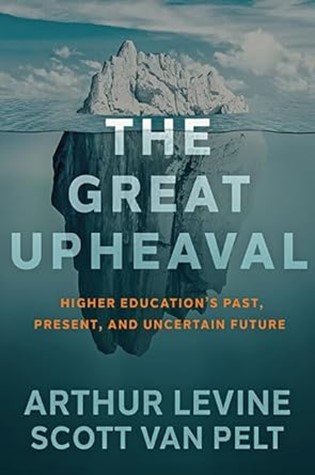
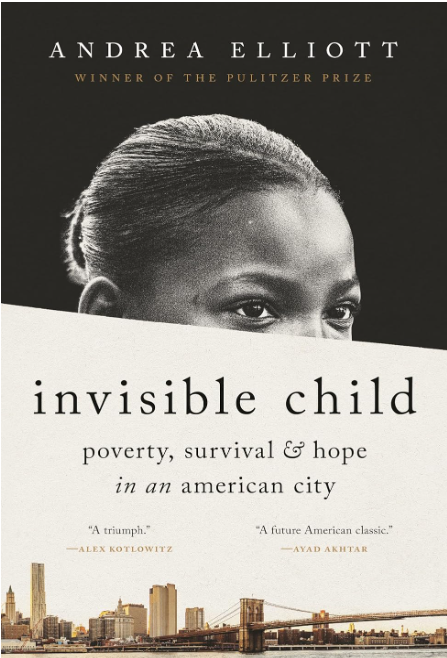
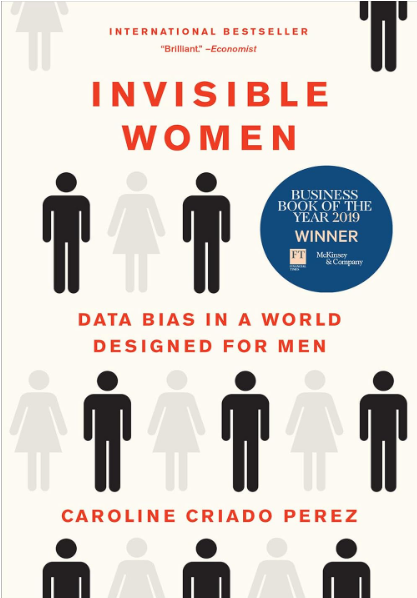

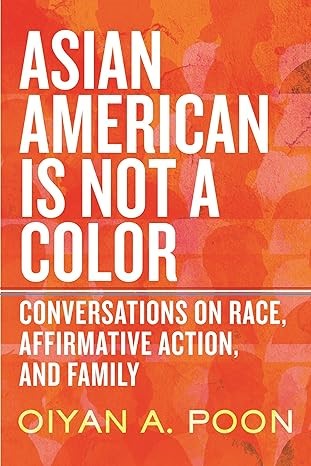
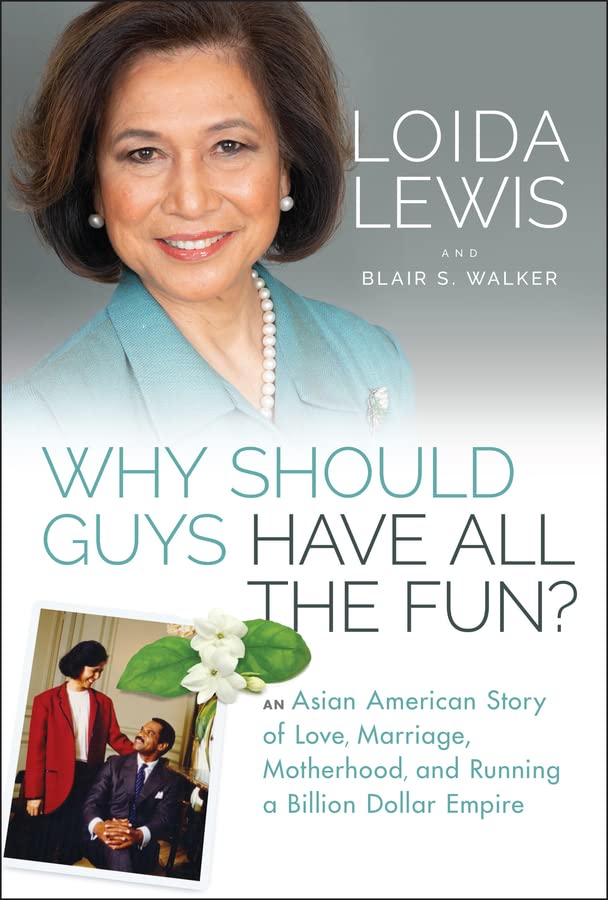
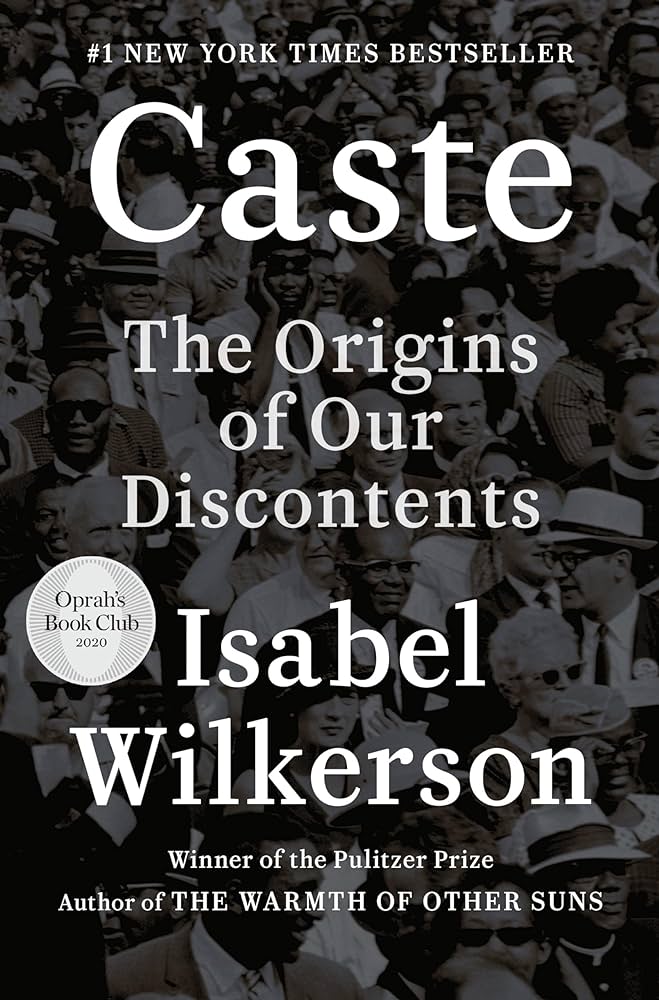
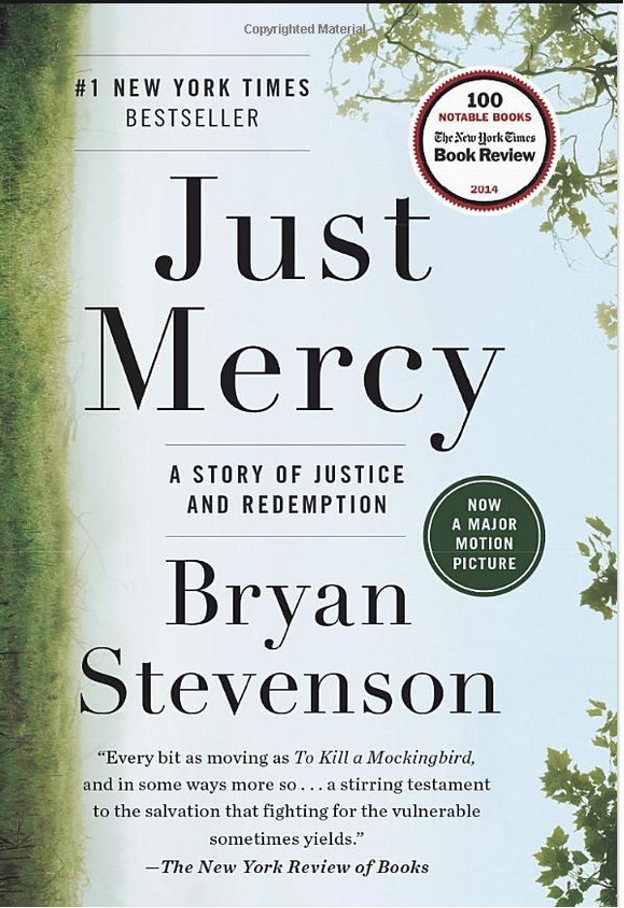
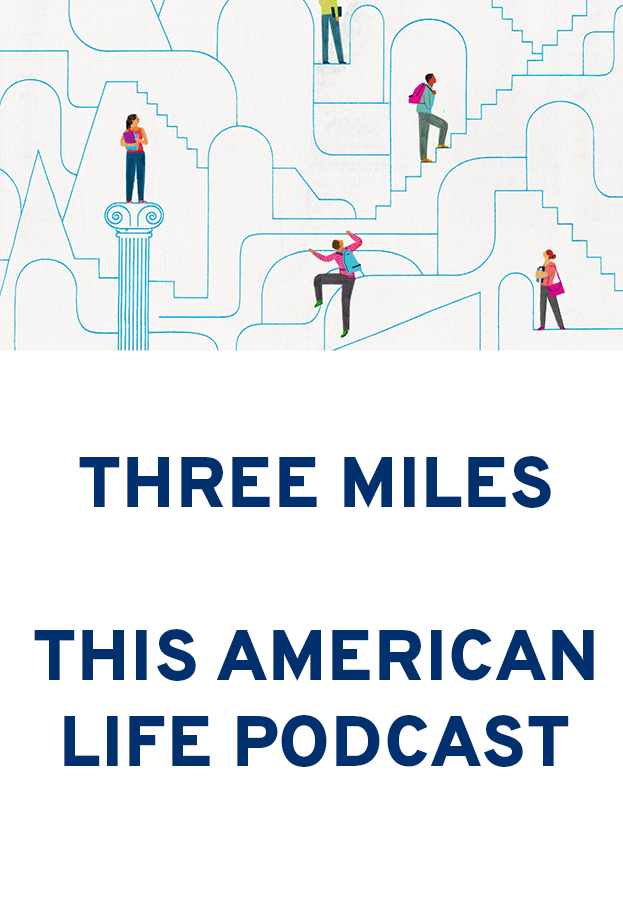
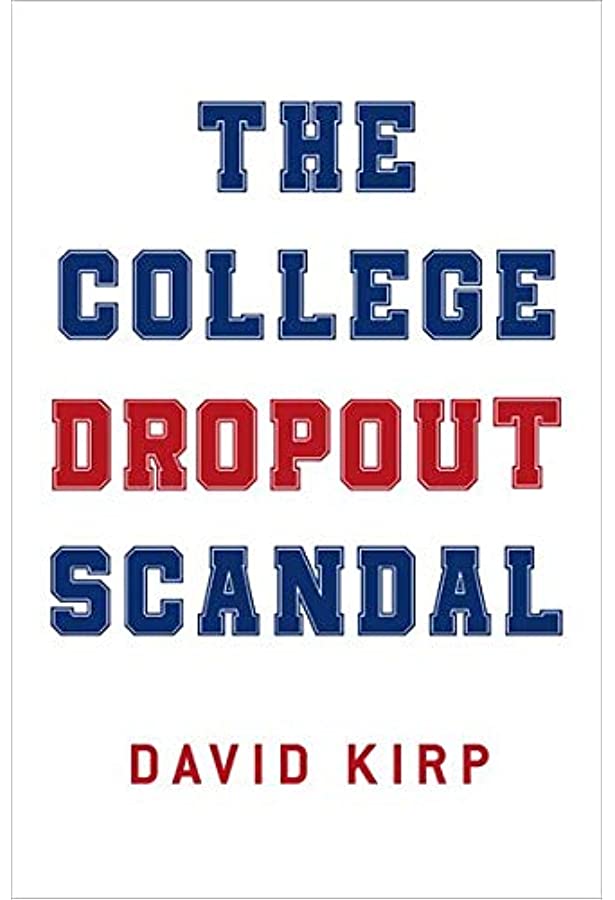
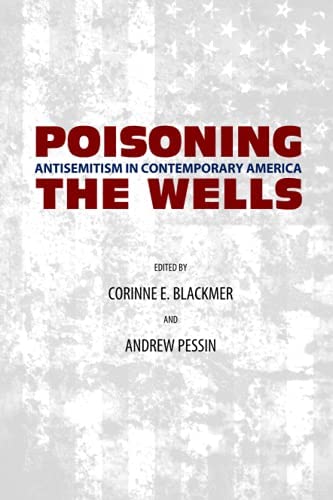

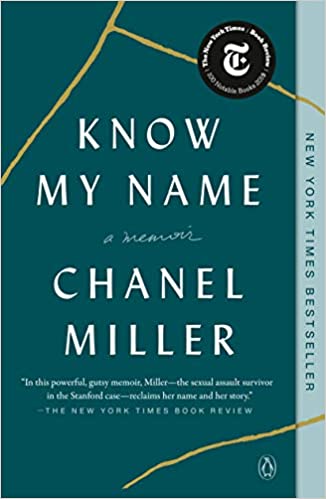
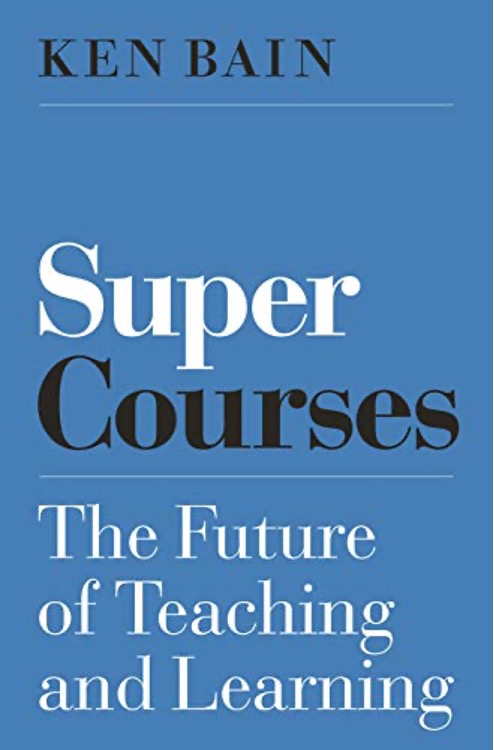
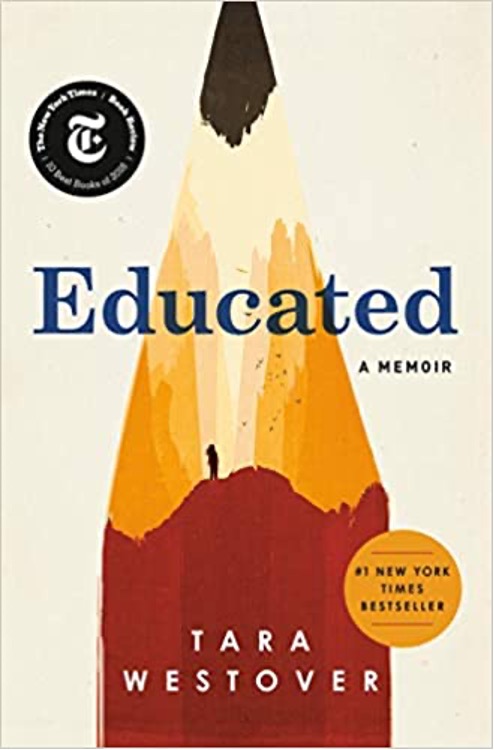
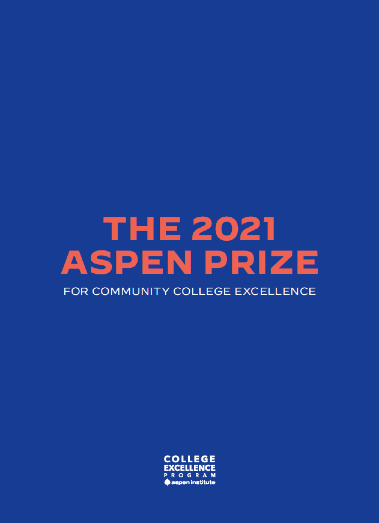
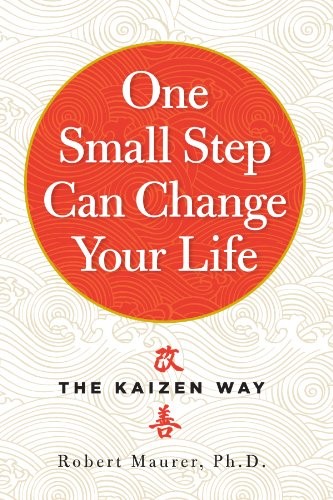
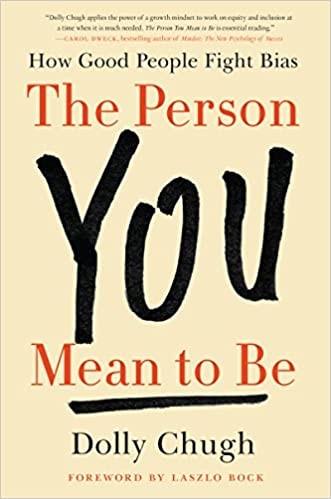
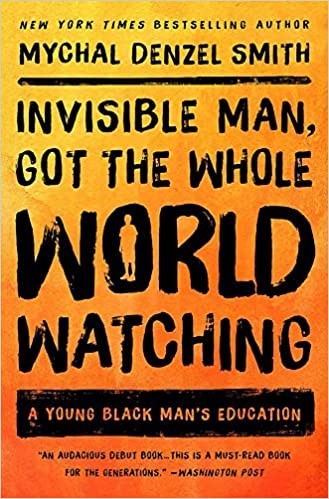
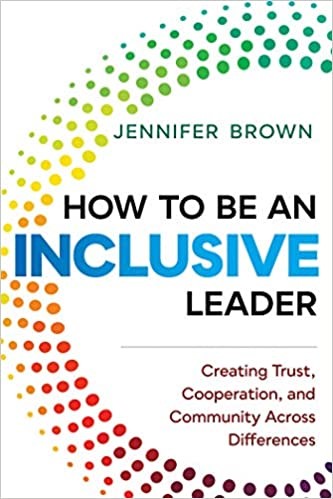
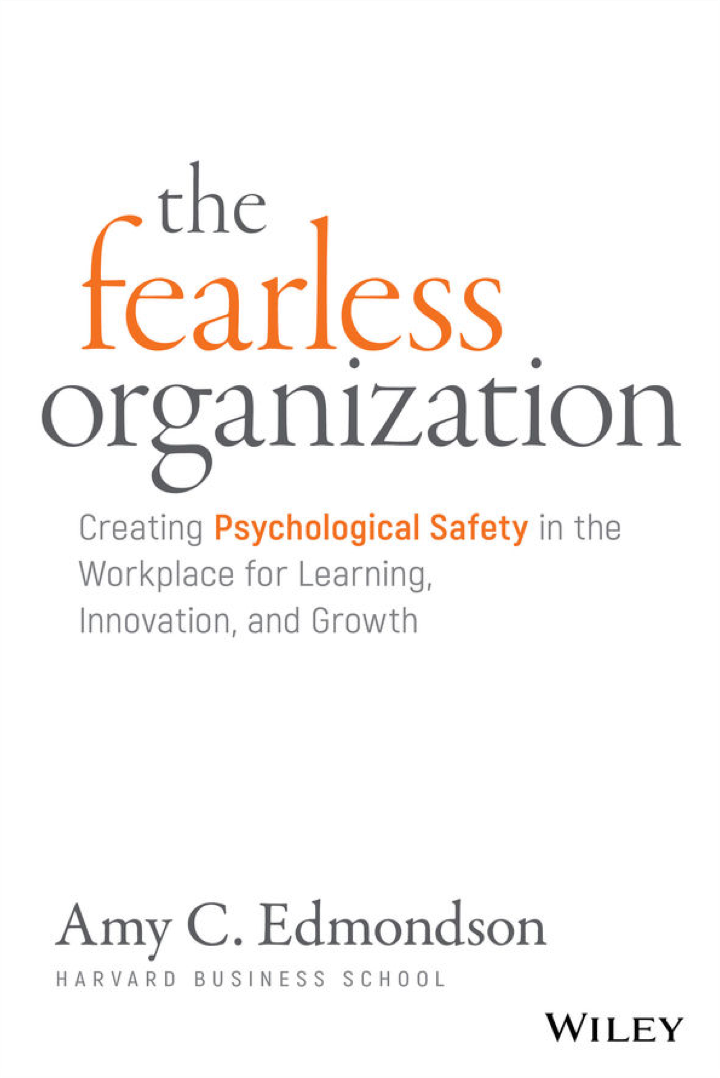
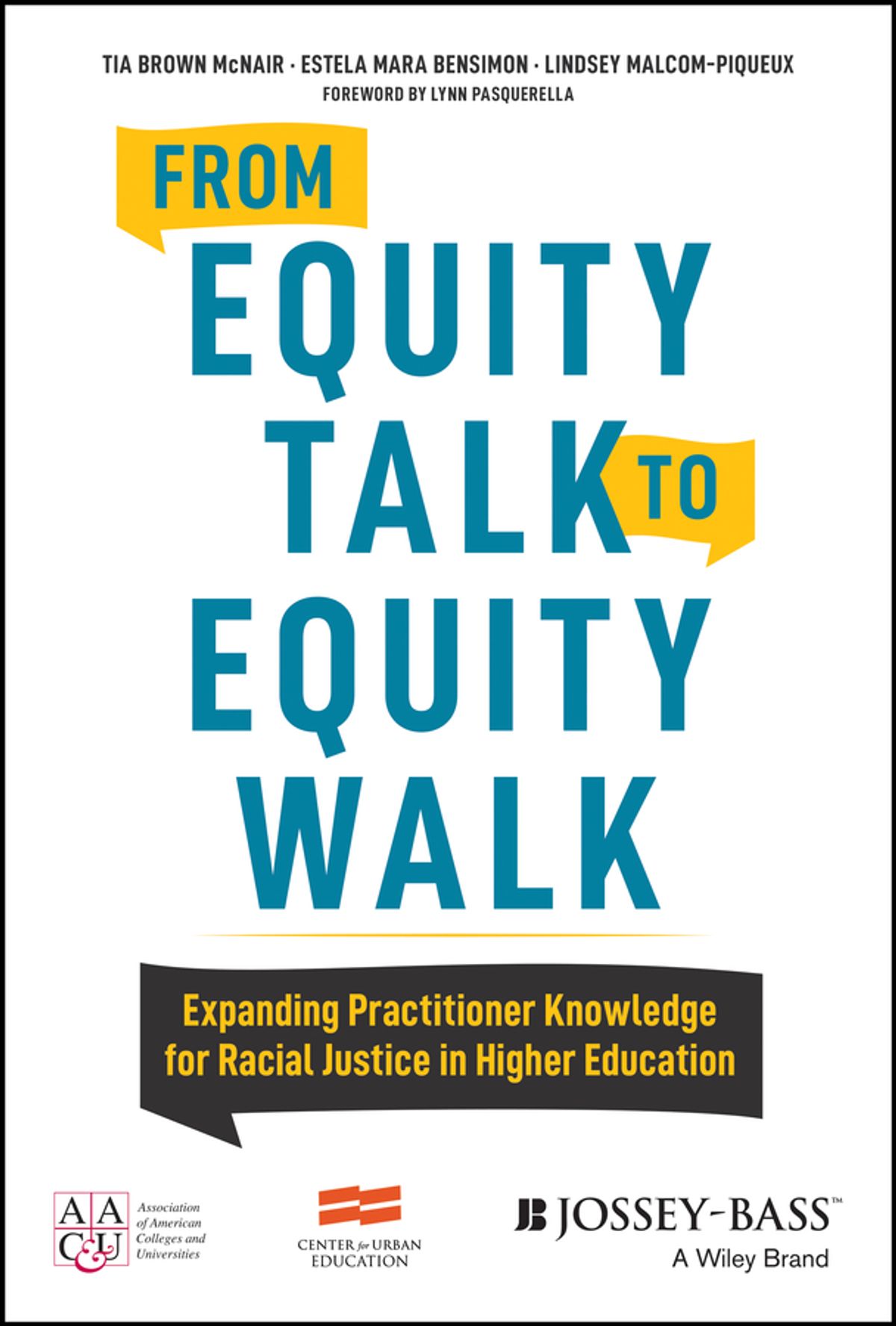
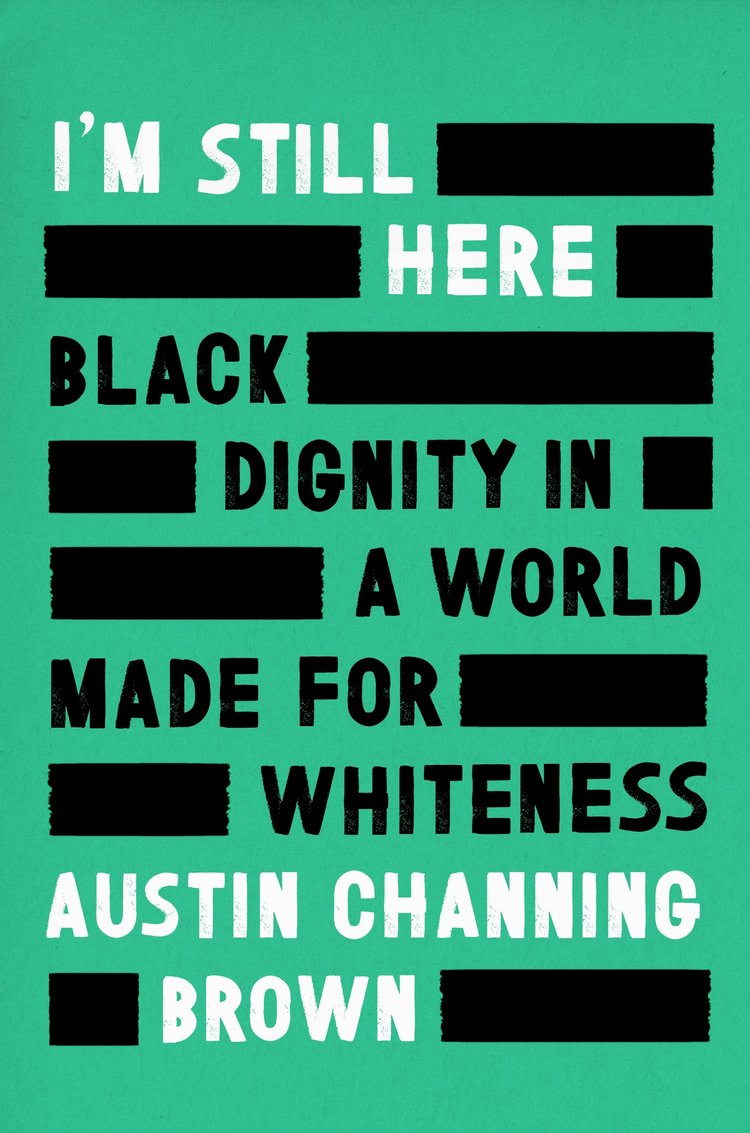



The United States is in the midst of a profound transformation the likes of which hasn't been seen since the Industrial Revolution, when America's classical colleges adapted to meet the needs of an emerging industrial economy. Today, as the world shifts to an increasingly interconnected knowledge economy, the intersecting forces of technological innovation, globalization, and demographic change create vast new challenges, opportunities, and uncertainties. In this great upheaval, the nation's most enduring social institutions are at a crossroads.
In The Great Upheaval, Arthur Levine and Scott Van Pelt examine higher and postsecondary education to see how it has changed to become what it is today—and how it might be refitted for an uncertain future.